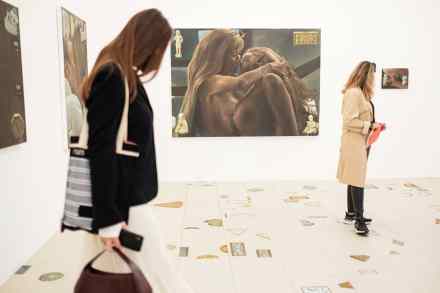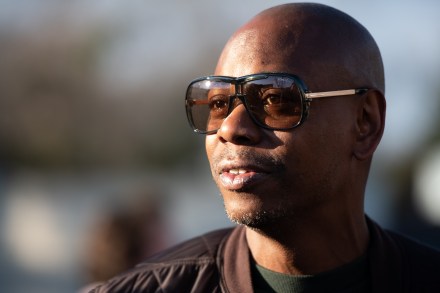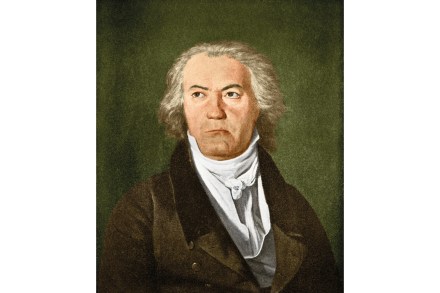Paintings dominate – the good, the bad and the very ugly: Frieze London 2021 reviewed
There’s a faint scent of desperation wafting through the Frieze tent this year. Pre–pandemic, this was where you came to see gallerists and artists at the top of their game, knocking back the Moët with collectors to toast another big-ticket sale. But it’s been a tough few years. No art fairs, paltry sales and now there’s a limit on visitor numbers to the fair and travel restrictions are keeping international buyers at bay. So, wandering around the gleaming alleys of the fair, you feel like prime meat being eyed by starving lions. Sadly for them, my bank account is more spam than filet mignon. The first visual thing that hits




















